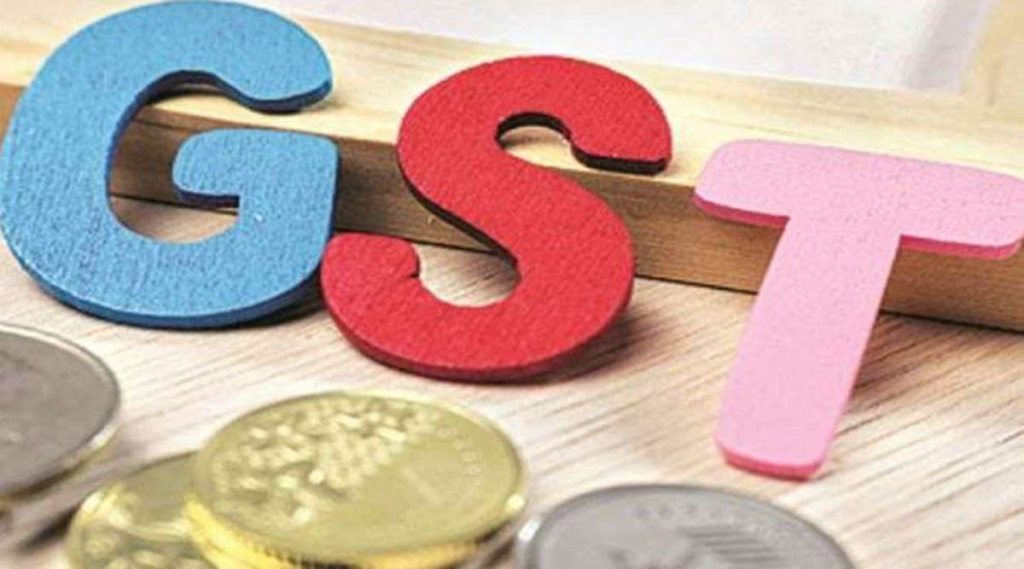
The Goods and Services Tax (GST) revenue collected by the government in January 2023 has reached a record high of Rs 1.56 lakh crore, making it the second-highest mop-up since the implementation of GST in July 2017. The revenue collection for the month of January is higher than the December 2022 collection of Rs 1.47 lakh crore and the average monthly collection of Rs 1.10 lakh crore for the financial year 2022-23.
The increase in GST revenue collection in January 2023 is a positive sign for the Indian economy, which has been struggling due to the COVID-19 pandemic and the subsequent lockdowns. The government’s efforts to improve tax compliance and plug leakages in the system have contributed to the increase in GST revenue collection. The government has also been taking various measures to revive the economy, including stimulus packages, tax cuts, and other measures to boost demand and consumption.
The GST revenue collection for the month of January has been higher in all categories, including Central GST (CGST), State GST (SGST), Integrated GST (IGST), and cess. The CGST collection was Rs 28,068 crore, while the SGST collection was Rs 31,623 crore. The IGST collection was Rs 68,826 crore, including Rs 29,836 crore collected on the import of goods. The cess collection was Rs 27,648 crore, including Rs 4,520 crore collected on the import of goods.
The increase in GST revenue collection is a positive sign for the government, as it will help the government meet its revenue targets and reduce the fiscal deficit. The government has set a target of Rs 22.45 lakh crore for GST collections for the financial year 2022-23, and the current trend suggests that the target may be achievable.
The government’s efforts to improve tax compliance and plug leakages in the system have been effective in increasing GST revenue collection. The government has been taking various measures to improve tax compliance, including the implementation of the e-invoicing system, the introduction of the e-way bill system, and the use of data analytics to identify non-compliant taxpayers.


